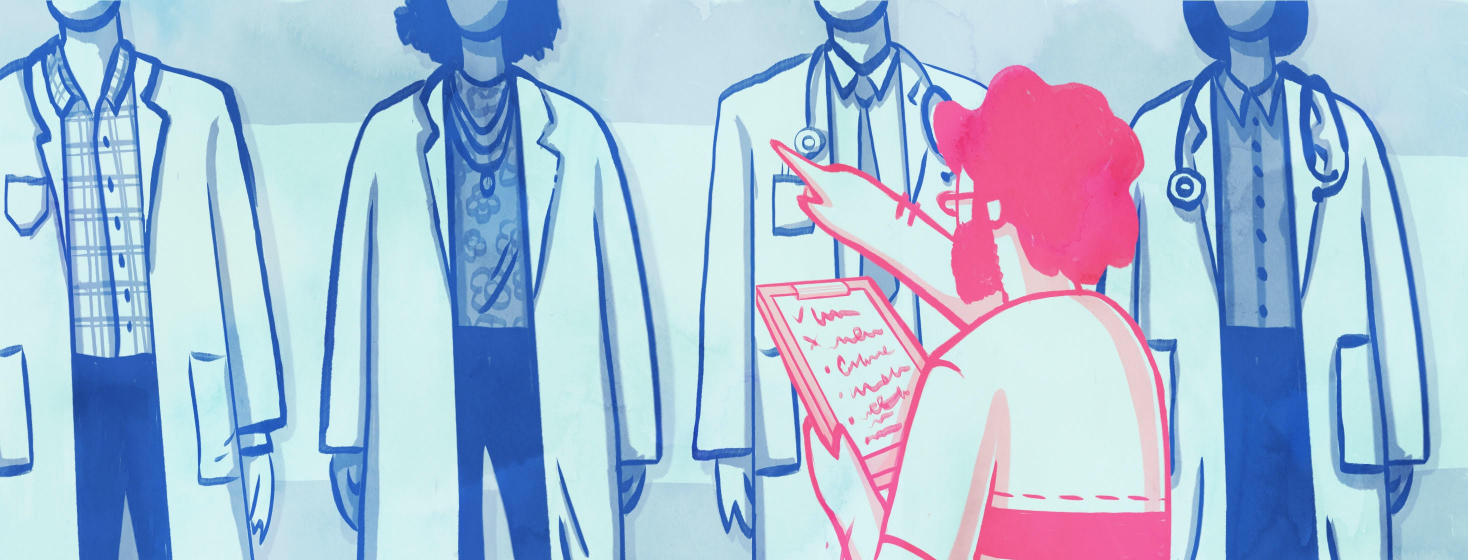Types of Cardiologists
Most of us know that our cardiologist is the one that helps us with our heart issues. But what you may not know is there are a lot of different types of cardiologists, and you will see the one based on what is needed for you.
You will always have your main doctor who treats the day-to-day stuff you experience and need. Things like your maintenance medications and identifying the need for tests or procedures. Here are a few different types of cardiologists and what they specialize in.
Types of cardiologists
Noninvasive cardiologist
The most basic cardiologist is the noninvasive cardiologist. They specialize in diagnosing and treating heart and vascular issues. These doctors will use tests such as echocardiograms, stress tests, and other noninvasive tests to diagnose conditions you have for referral to either an invasive or interventional cardiologist.
Invasive cardiologist
The invasive cardiologist is the next step up from a noninvasive cardiologist. Invasive cardiologists can perform a cardiac catheterization to evaluate for blocked arteries and faulty heart valves. Once an issue is found, patients are referred to an interventional cardiologist or a cardiothoracic surgeon.
Interventional cardiologist
An interventional cardiologist is the one who is trained to perform an angioplasty and stent placement. They can also clean up arteries that have a calcified blockage and perform other invasive tests to see if anything else needs surgical attention.
Cardiothoracic surgeon
Depending on problems the other cardiologists find, you may need to see a cardiothoracic surgeon. This is a specialist who is trained to operate on the heart, lungs, and thorax, which is essentially anywhere on your body covered by the ribcage. They will perform a coronary artery bypass surgery, fix or replace heart valves, fix aneurysms in your chest, and other potential surgeries that may be needed.
Vascular surgeon
What if you have issues in the arteries, veins, and lymphatic systems of the heart, brain, or other areas of the body with the circulatory system such as peripheral arterial disease? For this, you will need to be seen and treated by a vascular surgeon. They help treat peripheral arterial disease, open arteries to prevent strokes, and place stents in abdominal aortic aneurysms and other clogged blood vessels. They are basically the cardiologist that handles cardiac and vascular issues outside the chest.
Electrophysiologist
Lastly, let’s say you simply have an electrical issue with your heart. Could be your heart beating too fast or slow, dysthymia, or other electrical issues. You will see a cardiac electrophysiologist. They will diagnose and treat abnormal heart rhythms, palpitations, and fibrillation. They will place defibrillators, pacemakers, and run tests by inserting electrical leads in the heart and can also use radio waves to restore a normal heartbeat.
Meeting your needs
As you can see, there are a lot of different types of cardiologists. You may have already seen a few different types already.
If you have any issues your doctor discusses with you, this can help you know who you will see and what they may be able to do for you. Don’t be afraid to ask your primary cardiologist if you think you ought to see another.

Join the conversation